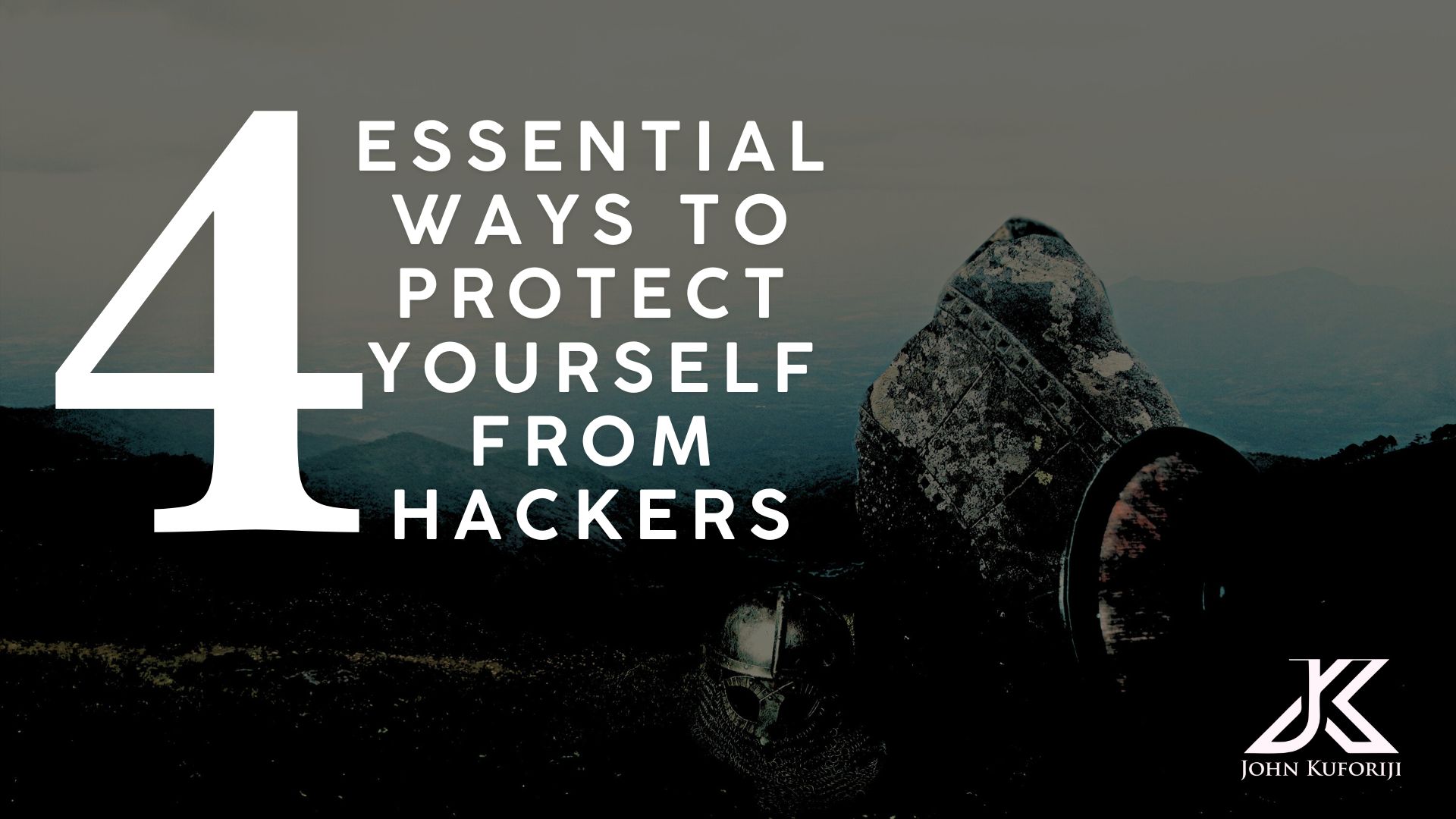
February in Canada has been one wild ride—whether you were battling bone-chilling cold, building the biggest snowman you could imagine, or even experiencing a surprise earthquake (yes, really!). And as we brace ourselves for spring’s inevitable thaw (and the messy cars that come with it), we’re reminded that some challenges, like flu season or allergies, are invisible yet relentless. Just like those seasonal surprises, hackers never take a break. They’re on the attack all year long, delivering a full four-seasons package of digital mischief.
So, while you bundle up for winter or clear off that post-thaw mess, here are 4 essential ways to protect yourself from hackers—your digital survival guide to keep your data safe no matter the season.
1. Strengthen Your Passwords & Use Multi-Factor Authentication (MFA) 🔑
Imagine your password as the sturdy winter coat that keeps you warm during the harshest Canadian winter. If that coat is thin or easily torn, hackers can slip right in. To truly protect yourself, you need something robust and memorable. That’s where passphrases come in.
Why Passphrases?
- Easy to Remember: Instead of a random jumble like “P@55w0rd!,” a passphrase uses a series of words that flow naturally—think “SnowyWinterCoffeeTime!” It’s simple to recall, just like a catchy school song.
- Highly Secure: Passphrases are longer and offer more entropy than typical passwords, making them much harder for hackers to crack.
- User-Friendly: Since passphrases are easier to memorize, you’re more likely to use unique, strong credentials for each account.
Even with a strong passphrase, hackers might still try their luck. That’s why you should also enable Multi-Factor Authentication (MFA). MFA acts as an extra layer of defense—like adding an extra lock to your door. Even if someone steals your passphrase, they’d still need a one-time code sent to your phone or a biometric verification to get in.
Pro Tip: A trusted password manager like 1Password, Bitwarden, or LastPass can generate and store these passphrases securely, so you never have to worry about forgetting them.
2. Beware of Phishing Scams and Scams Galore 🎣
Picture this: you’re out enjoying a snowy day, and a stranger offers you a “free” hot chocolate, only for you to later realize it was a scam to steal your wallet. Phishing scams work in much the same way—hackers send deceptive emails or texts that look genuine, tricking you into revealing sensitive information.
How to spot a phishing scam:
- Look for urgent language or messages that seem too good (or too alarming) to be true.
- Check for spelling errors and suspicious sender addresses.
- Hover over links to see where they really lead before clicking.
When in doubt, don’t click! Instead, navigate directly to the website or contact the company to verify the message. It’s like double-checking if that “free” hot chocolate is really from your favorite café.
3. Keep Your Software & Devices Updated 🔄
Just as you wouldn’t ignore the need for a tune-up on your car before a long winter drive, you shouldn’t neglect updates on your devices. Outdated software is like an old, worn-out jacket—it leaves you vulnerable to the harsh elements (in this case, cyber threats).
Essential steps:
- Enable automatic updates on your computer, smartphone, and apps to patch vulnerabilities.
- Secure your Wi-Fi network by changing default router passwords and using the latest encryption methods.
- Install reputable antivirus and firewall software to block malicious traffic.
Regular updates help patch vulnerabilities and fortify your digital defenses, ensuring you’re not caught off-guard by a hacker’s attack—much like keeping your car in top condition for those slippery roads.
4. Monitor Your Online Accounts Regularly 👀
Imagine checking your mailbox or bank statements to catch any unexpected surprises. Monitoring your online accounts works the same way—keeping an eye on your digital life to spot any signs of suspicious activity before it escalates.
What to do:
- Set up account alerts to notify you of logins from unknown devices or unusual transactions.
- Regularly review your bank and credit card statements for any unauthorized charges.
- Use dark web monitoring tools like Have I Been Pwned? to see if your data has been compromised.
Staying vigilant is your best defense against digital surprises, much like checking your weather app to avoid an unexpected storm.
Final Thoughts: Stay One Step Ahead of Hackers
Just as Canada’s unpredictable winters and messy springs present unique challenges, hackers are always on the prowl, ready to exploit any weak link in your digital life. By strengthening your passwords with memorable passphrases, being cautious with suspicious messages, keeping your software updated, and monitoring your accounts regularly, you can significantly reduce your risk of falling victim to cyberattacks.
Embrace these essential tips like you would bundle up for a Canadian winter, and enjoy the peace of mind that comes with being well-prepared—no matter what season it is!
💬 Have you ever encountered a phishing scam or a security scare? Share your story and top tips in the comments below!
#CyberSecurity #OnlineSafety #Hackers #DigitalDefense #TechTips #StaySafe
